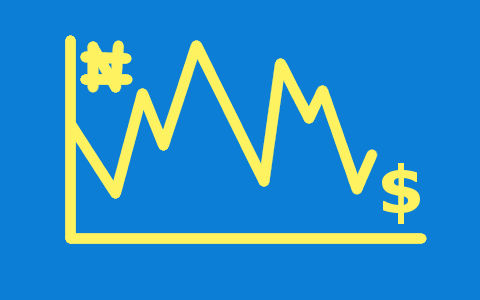Following recent economic policies by the Federal Government of Nigeria, notable global financial institutions have applauded and positively rated Nigeria’s economy.
Moody’s Investors Service recently elevated Nigeria’s outlook from stable to positive, marking a historic milestone for the nation. This move has ignited discussions among experts regarding its implications for the country’s economic landscape and its citizens.
For the first time in history, Moody’s has bestowed Nigeria with a positive ratings outlook, a commendable achievement considering the challenges Nigeria has faced in recent years. This optimistic outlook reflects the potential reversal of the deterioration in Nigeria’s fiscal and external position, attributed to the government’s reform efforts. The unification of foreign exchange windows, devaluations of the naira, and the removal of the oil subsidy stand out as crucial steps towards addressing foreign exchange shortages and supporting external rebalancing.
While this development holds promise for attracting foreign investors in the long to medium term, some experts caution that its immediate impact on ordinary Nigerians may be limited. Moody’s upgrade they say, although a positive signal for global investors, may not directly translate into tangible benefits for the average citizen grappling with everyday challenges such as inflation, unemployment, and inadequate infrastructure.
Analysts at prominent financial institutions like Goldman Sachs Group Inc., Citigroup Inc., and Standard Chartered Plc foresee potential gains for the Naira against the Dollar. Projections suggest a potential appreciation of up to 25% by the end of the year, driven by jumbo interest-rate increases and efforts to attract foreign capital.
Goldman Sachs analysts, including Kamakshya Trivedi and Caesar Maasry, predict a rally in the naira to 1,200 against the dollar as investors seek higher returns from sovereign debt issued by frontier markets like Nigeria. Despite these optimistic forecasts, experts emphasize that while the currency may regain some lost ground, it remains deeply undervalued
Razia Khan, Standard Chartered’s chief economist for Africa and the Middle East, envisions the naira ending 2024 in a range of 1,200-1,300 per dollar, with the possibility of even stronger performance under favorable conditions.
While the prospect of a stronger currency and increased foreign investment paints a hopeful picture for Nigeria’s economic recovery, the question of how this will benefit the ordinary Nigerian lingers.
Nigeria still suffers from unemployment and a record inflation rate of about 32 per cent.
Amidst the optimism surrounding Moody’s outlook upgrade, it is essential for policymakers to ensure that economic gains translate into tangible improvements in the lives of Nigerians. Initiatives focusing on job creation, poverty alleviation, healthcare, education, and infrastructure development must remain at the forefront of the national agenda.
As Nigeria journeys towards economic resurgence, it must strike a balance between attracting foreign investment and addressing the pressing needs of its populace




